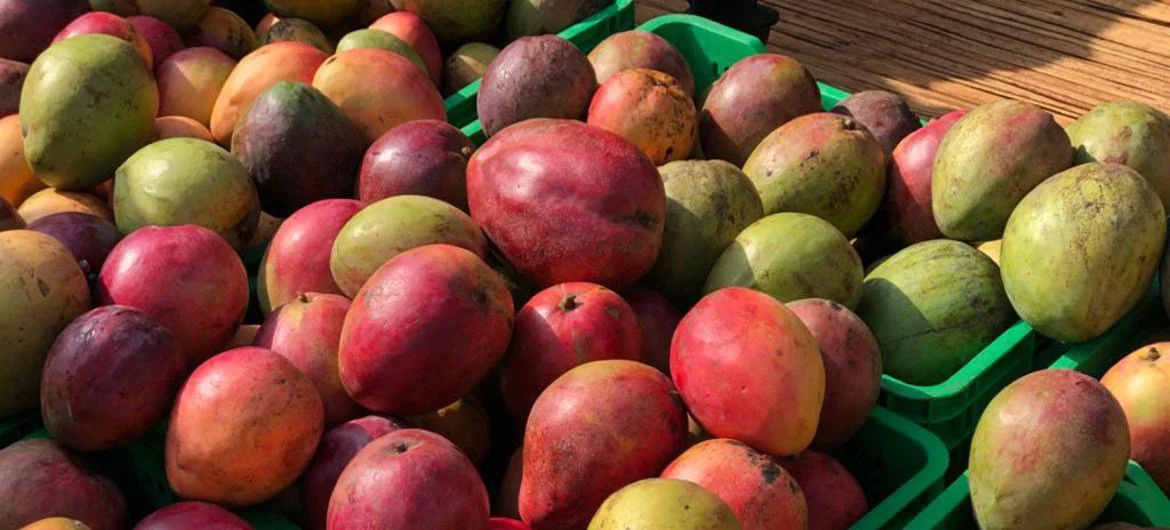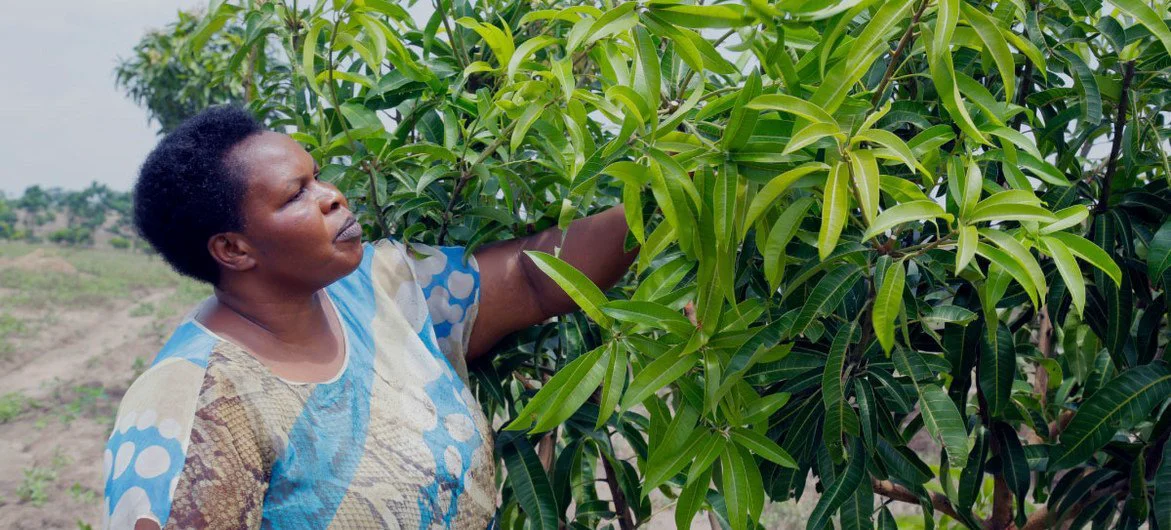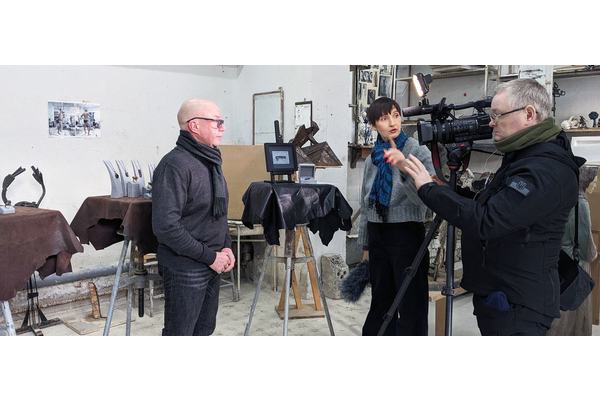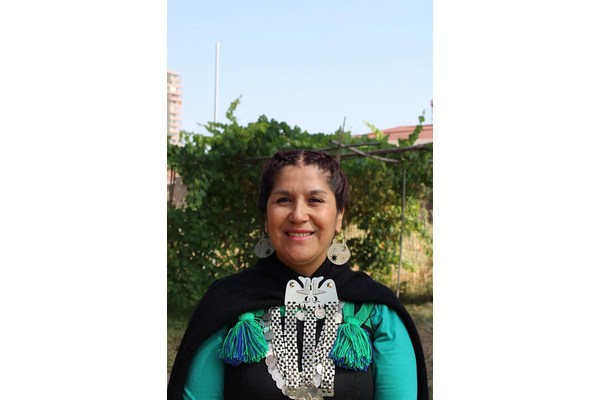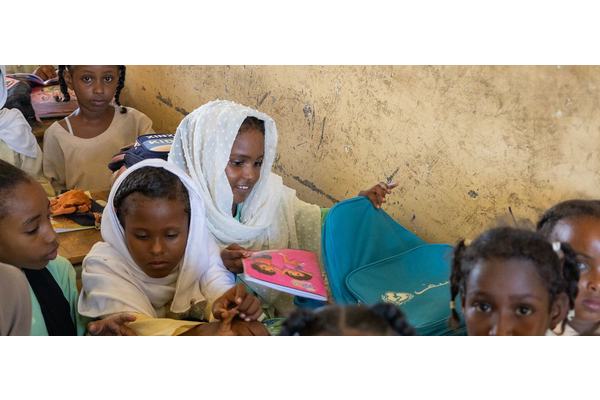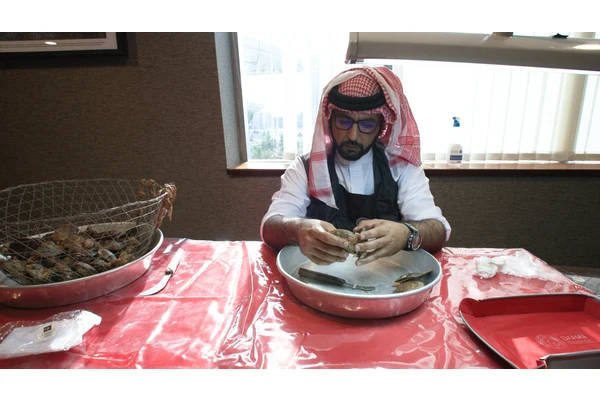First Person: Raising a glass to ‘Mama Cheers’ | UN News
A Ugandan woman entrepreneur who was left with just a wheelbarrow and a red dress, when a business partner ran off with all her money has been recognized with an award by the UN trade agency (UNCTAD) after she grew her company into a nationwide enterprise with five million customers.
Over the years, I stayed in contact with my trainers, and honing my entrepreneurial skills. I kept asking questions to help me improve my business, even on the weekends!
Thanks to my determination, and the skills I’d learned, I grew the company to the extent that, at one point, we had 60 per cent of the juice market in Uganda, with a processing line producing 12,000 litres of fruit-flavoured drinks per day. We also diversified into other business activities, such as poultry farming, maize-feed production, a flour mill and a bakery.

Sharing the success
We used to important juice concentrate, because it was hard to source high-quality, locally grown fresh fruit. But, in 2011, the company acquired 1,700 acres of land for cultivating fruit trees, such as mangoes, guavas and citruses and organised the Nwoya Fruit Growers Cooperative, which has 5,000 members, most of them (3,750) women.
Each of these women has at least one acre of fruit orchard intercropped with short-term seasonal crops for income and sustainability. In a season, they can earn up to $1,850 from an acre of land. And, through the Delight Farm Institute, we create new and decent jobs, and offer improved livelihoods to many.
New factory, new horizons
This year, we received $10 million in funding from the Ugandan government, which will allow us to build a modern fresh juice factory, allowing us to add value to the fruits grown by the local farmers, and meet growing market demand for dried fruits, particularly mangoes.
Winning the UNCTAD award has motivated me so much! I plan to create a centre of excellence, where academics can share their knowledge, helping us to reach international standards, and export our products to all corners of the world.
I think the reason that we have succeeded is our engagement with the community. People in northern Uganda suffered so much during the civil war, and I believe that our success will help them to be empowered, and to survive.”
